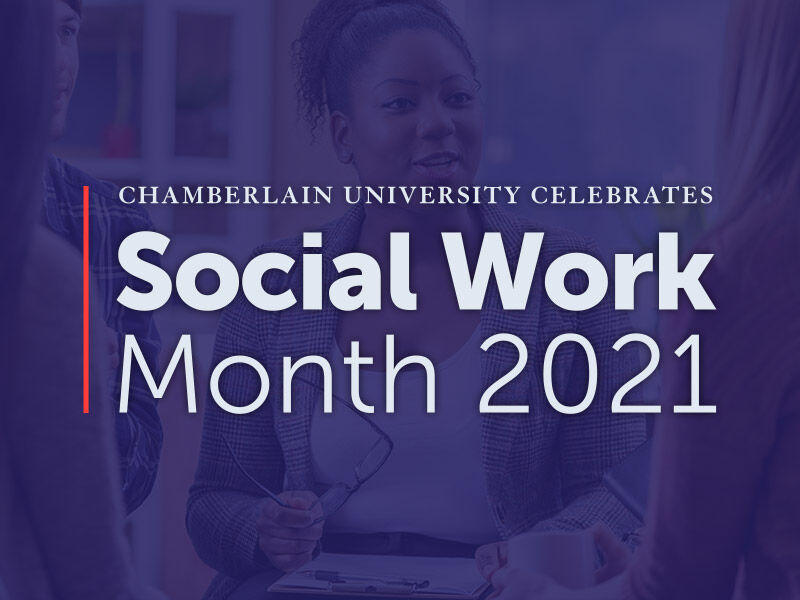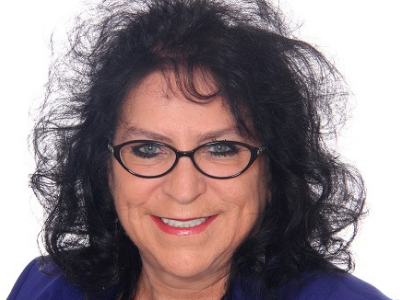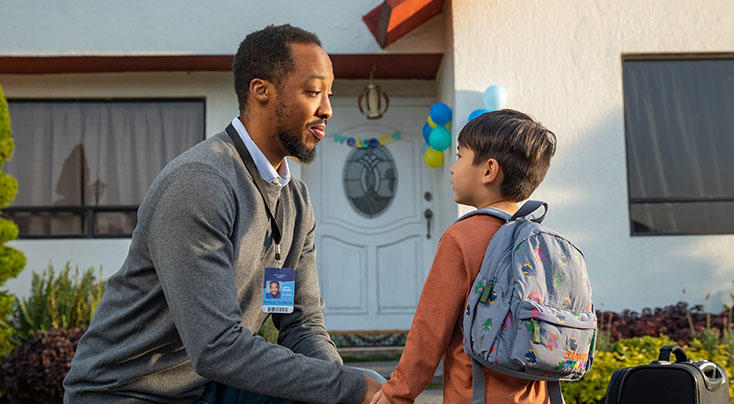Featured
Tags
Share
- Home / Blog / Health Professions / Celebrating the Role of Social Workers in Helping People Find Their Dignity and Worth
Celebrating the Role of Social Workers in Helping People Find Their Dignity and Worth

When we talk about essential workers and first responders, social workers belong to that list of heroes who play a vital role in improving the quality of life and well-being of others, says Stacey Borasky Ferguson, EdD, MSW, dean, of Chamberlain’s Master of Social Work degree program.
“It is a calling, not just because those attracted to the profession have a heart and passion for helping others, but social workers are change makers who believe in social justice and want to help people navigate all their challenges,” says Dr. Borasky. “Social workers want to go beyond the individuals and make sustainable improvements for entire communities.”
There has been no time like the crisis of the year-long pandemic to reaffirm social workers’ indispensable and vital roles in helping families navigate the healthcare system, isolation, illness, financial woes and in advocating for social justice in the U.S., she says.
“My hope is that the work they’ve done during the last year will shine the spotlight on the wrongs our system has created in caring for the elderly and the isolation they faced during this time,” says Dr. Borasky. “I hope we will now take a closer look on what can we do differently. I hope that COVID-19 will help us better analyze and make systemic changes on how we care for vulnerable populations.” In addition to serving as Chamberlain’s dean of the social work program, the Texas resident is engaged within the field of social work with organizations including the Child Protection Roundtable in Texas and the Austin Resource Center for the Homeless.
Their Essential Commitment to Strengthen Communities
You will find social workers throughout society—from protecting children from abuse and neglect, to providing mental health and substance use supportive services, advocating for services for the elderly, helping school children and their parents navigate the education system, assessing the needs of veterans and helping organizations serve communities. Social workers practice in various environments, including rural towns, urban cities, state departments and the federal government, says Kiana Battle, PhD, LMSW, an assistant professor of social work at Chamberlain University.
Working from a place of compassion and empathy, social workers are “dedicated to improving people’s lives,” she says.
“There is probably not one person who has not been impacted in some way by COVID-19,” says Dr. Battle. “The virus has had a domino effect and certainly brought to light the voices of vulnerable populations. During the pandemic, people in rural areas were especially impacted. Many children were directly impacted by the pandemic through the death of a parent and or caregiver and many children in rural communities, especially did not have the resources to participate in remote learning. Children are often the invisible faces during social problems, like the current pandemic.”
Dr. Battle says the challenges will shape the history of social work and “hopefully we will move forward in a collaborative versus the silos that sometimes exist between nurses, doctors and social workers.” Dr. Battle has been a featured presenter at the National Youth at Risk Conference, which aims at providing training and education to service providers to support children who are at risk. She works closely with national and local programs for children at risk, advocating for policy changes for those issues that especially came to light during the pandemic.
“This has been a true teachable moment, and one I hope will propel us forward toward change,” says Dr. Battle, who has previously served as the system-wide school social worker for Lamar County Board of Education in Georgia and the director of program services for the Georgia Department of Corrections, Reentry Services unit.
Helping People Across Their Lifespan
Oren Shtayermman, PhD, MSW, a professor for Chamberlain’s MSW program, says he and many social workers are drawn to the profession because “we see and help individuals across their lifespan.” Currently a specialist in and researcher of autism spectrum disorders, Dr. Shtayermman, aptly compares a social worker’s role to a ZOOM camera.
“We go in and out of people’s lives, taking a close look at what challenges a family is facing and what we need to do to help,” he says. “COVID-19 had an immediate volcanic eruption for people on the spectrum. The masks were especially challenging for people on the spectrum because they sometimes rely on reading lips and picking up on the social cues they see in other’s faces. This elevated their anxiety and depression, which also impacted their entire family.”
Dr. Shtayermman believes the future of social work will be to take some of these challenges and find new ways to connect and deliver the social support services needed to address the personal and systemic barriers to optimal living.
Chamberlain celebrates the contributions of social workers to community well-being, especially as the nation currently addresses the impact of the COVID-19 pandemic, this Social Work Month.
Interested in learning more about how you can become an agent of social change?
Explore Chamberlain’s Master of Social Work program or download the eBook “My MSW” to learn more about what an MSW can mean for your community and those in need of support and services.
By Mary Beth Sammons
More from Health Professions
Request More Information
To receive the Chamberlain University Program Guide, including associated career paths, please select a program of study.






